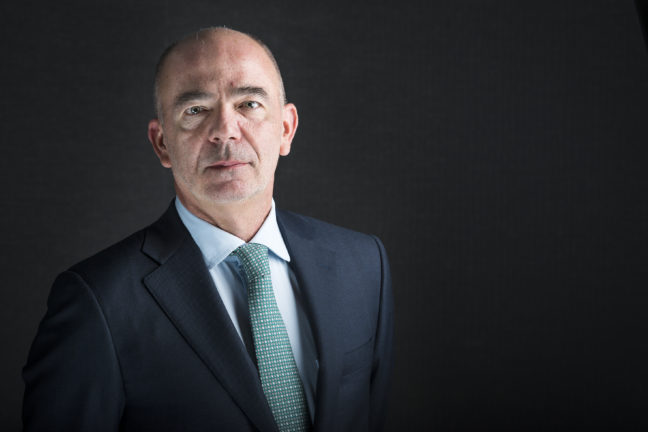TTR DealMaker Q&A with Uría Menéndez-Proença de Carvalho Parner Jorge Brito Pereira
Jorge Brito Pereira joined Uría Menéndez-Proença de Carvalho as a partner in 2016 and focuses his practice on corporate, M&A, financing and capital markets work. He has broad experience in advising on prominent transactions in Portugal, in particular privatizations, takeover bids, public offerings, M&A and financing.
TTR – In 2018, there has been a significant increase in the M&A deal value in Portugal, though this result was strongly influenced by some specific transactions such as China Three Gorges’ PTO over EDP and, more recently, the acquisition by Sonae Sierra of three shopping centers in Spain. How would you rate the Portuguese transactional this year?
There is no question that 2018 will close as a very positive year for M&A transactions in Portugal.
JBP – There is no question that 2018 will close as a very positive year for M&A transactions in Portugal. Furthermore, the M&A market has been increasingly positive in the last few years. The focus on Portugal by foreign investors cannot be disputed today, and low interest rates (which have had a direct effect on regulated markets and real estate) is one of the factors driving this trend. At Uría Menéndez – Proença de Carvalho, our M&A activity has been increasing exponentially for the last few years and therefore we are very optimistic about the near future.
TTR – Though the Real Estate sector remains the most attractive for investors, other segments such as Technology and Finance & Insurance have emerged as hot targets for investments in the country. What are the market conditions that favor or explain this appetite for Portuguese companies in those segments?
JBP – Different market conditions can explain that effect. Firstly, M&A is closely dependent upon an investor’s ability to acquire a loan at a good interest rate, and the truth is that we are currently experiencing an environment of historically low interest rates. Also, as a side effect of these low interest rates, the discounted cash flow of a company’s future earnings are worth more. This triggers movement in the market – new buyers, with new valuations of assets, create movement. Secondly, different sectors of our system are, for different reasons, in the process of consolidation, which always ends up triggering acquisitions. Finally, Portugal has been under the spotlight of foreign investors who, in contrast to the bailout years, now view Portugal as an interesting, stable and promising economy.
TTR – Which deals would you highlight in terms of importance and complexity this year?
JBP – Because of its value, and at a moment in which its outcome is still unclear, the China Three Gorges takeover appears to be the most important transaction of the year (at least, so far) but there are many others. Fortunately, Uría Menéndez – Proença de Carvalho is, or has been, involved in most of the significant transactions of the year (unfortunately I cannot disclose information regarding ongoing transactions and current clients).
TTR – Any scenarios or trends that we should be on the lookout for within the Portuguese M&A market in the coming months or in 2019? And which sectors do you believe have the greatest potential for growth?
JBP – 2019 looks rather promising for the M&A market. It is hard to point out the actual areas in which it will more active, but it seems clear that the financial, energy and telecom sectors will be the most dynamic.

